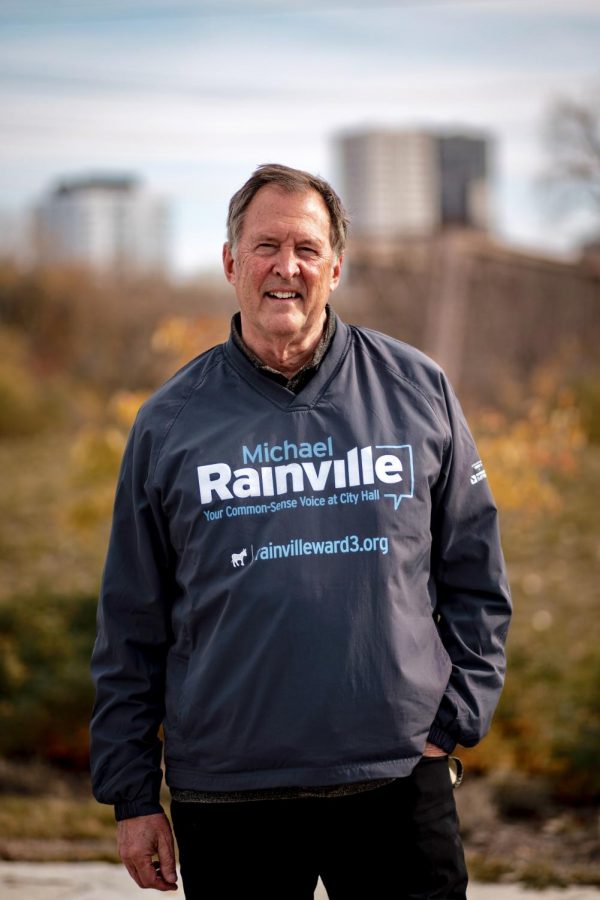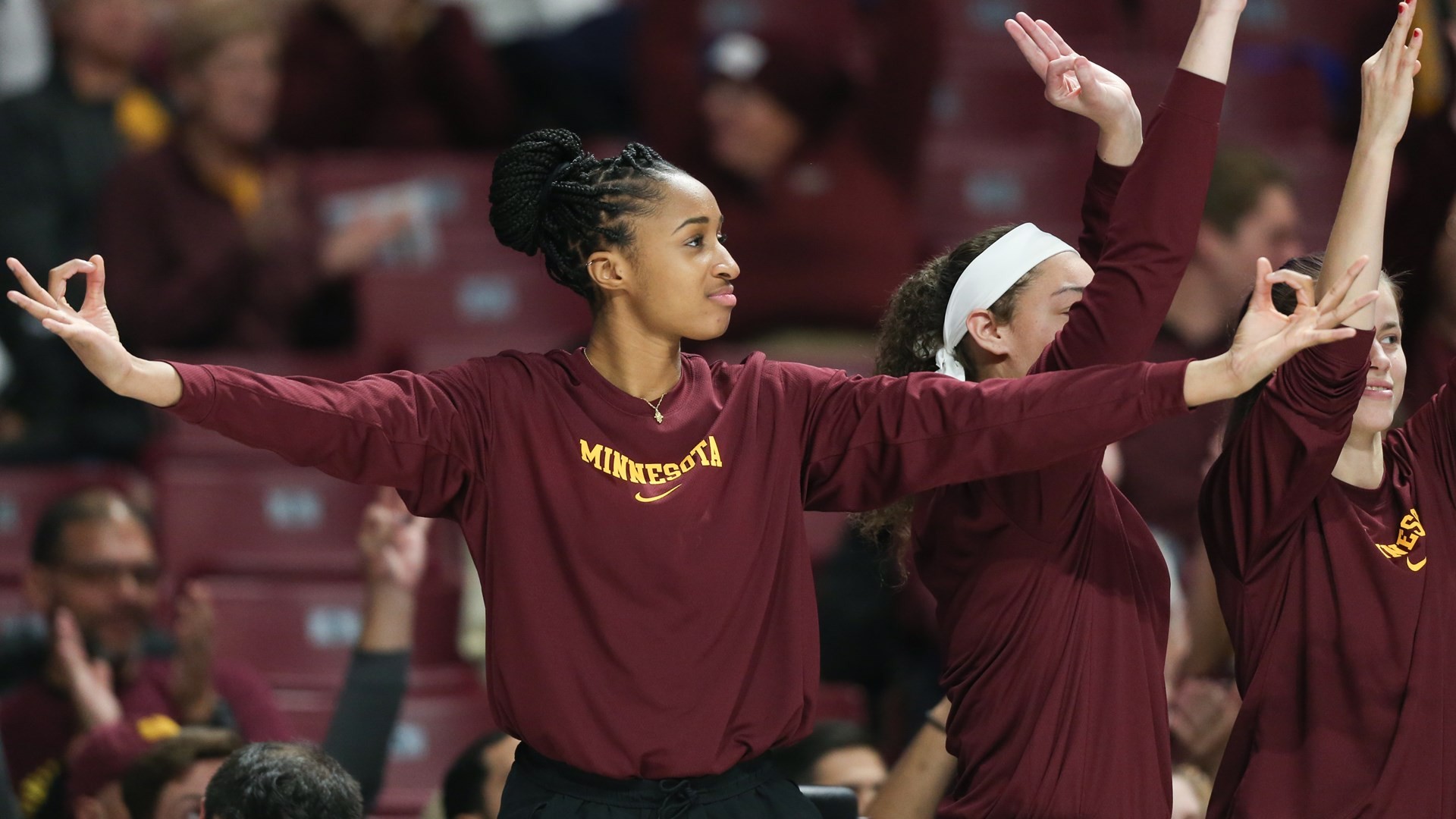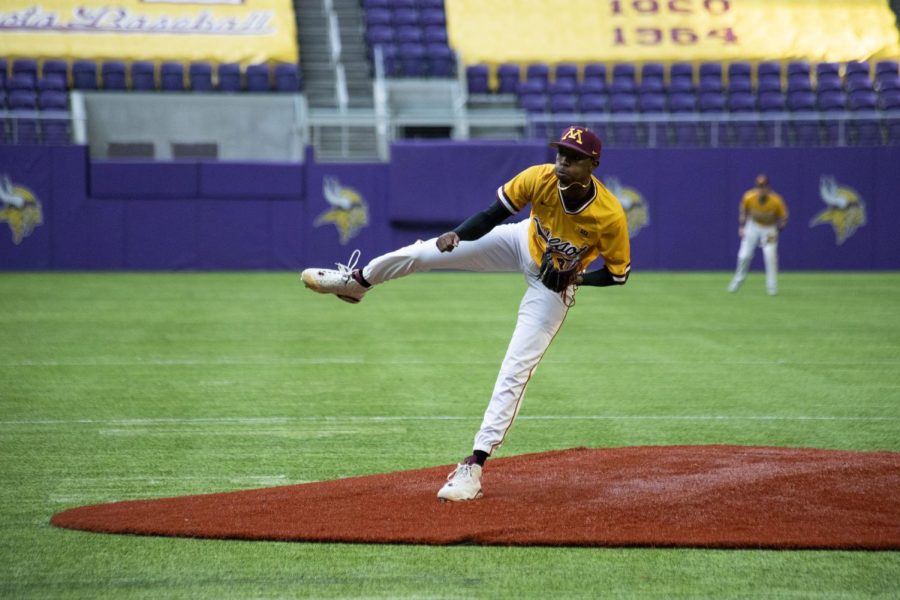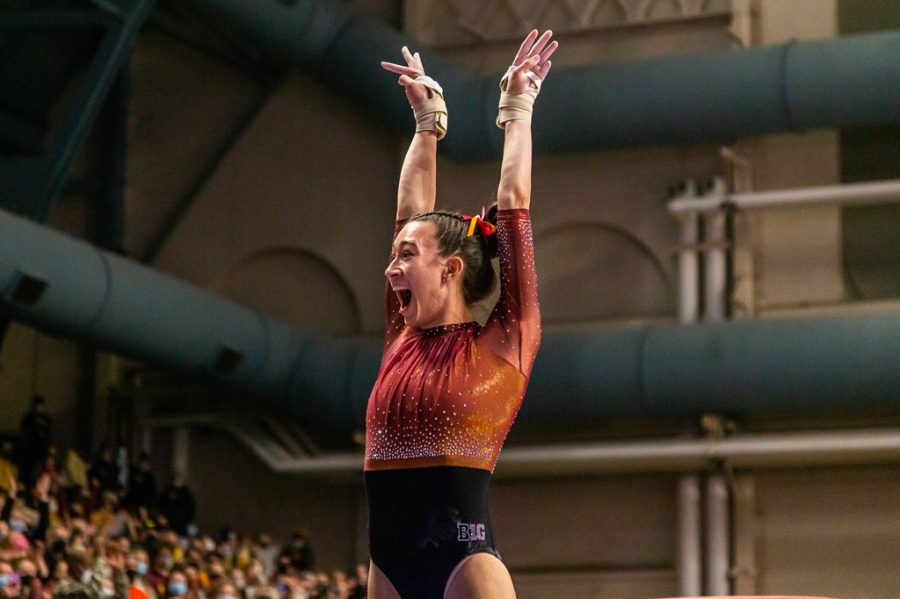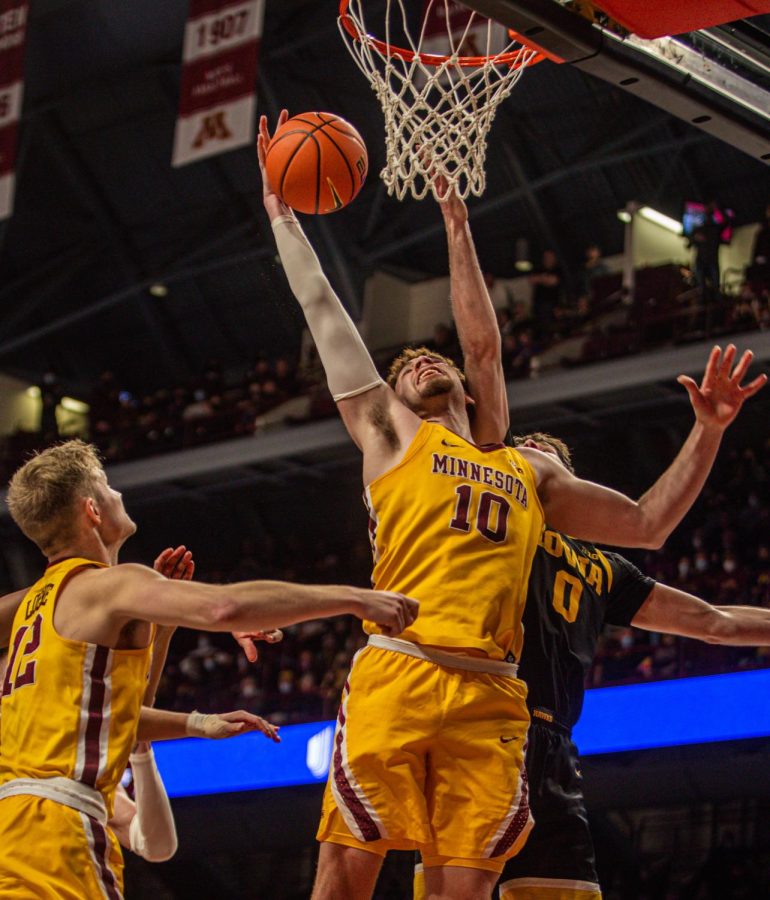After beating Ward 3 incumbent Steve Fletcher by 9%, Michael Rainville explained how his background and leadership style will help him “heal” Minneapolis and support economic mobility.
Why did you choose to run this year?
“I can help heal this divide we have in our city. The murder of George Floyd was horrible. As a human being, when you see that video it just makes you cry. And we can never let that happen again and we can never let all those immigrant businesses burn to the ground again.”
How do you plan to do that?
“I’ve already started setting up mechanisms to have some task forces to give me input on public safety and housing. I’m very interested in not only affordable housing but housing the unsheltered … I’ve had two sessions with the management of the Avivo Village organization, which needs four more villages to house a total of 5,100 people in tiny homes. I will make the addition of these villages a goal of my governance.”
What is your plan for addressing public safety issues in Minneapolis?
“The city wants a police department – but they want a good police department. They don’t want one that kills us or treats us with disrespect, so that’s a very big issue … I get along great with the mayor and his point is well-taken. You don’t need a formal charter amendment to create a Department of Public Safety. Another thing this city council didn’t understand was you have to involve the Fire Department much more in public safety.”
How will your style of leadership differ from that of your predecessor?
“It’s going to be very different because I’ve lived here all my life and the last council member moved here to run for the office, and that really isn’t a good background. I’m from here, I’ve worked here and I’m collaborative and a great listener … Sure I’m in charge of city-wide issues, but a city council member’s number one job is to be the voice of their voters.”
What is your biggest goal for your first year serving as a council member?
“What I’ve done during my career is learned to multitask and to do a lot of things at once. And clearly, to calm the city down to heal is the goal. And how you do that is job creation, housing and just creating the hope that all people who live here have an opportunity, whether you’re a new immigrant or you’ve lived here through multiple generations of family. We all have to have the opportunity to prosper.”
How are you going to make sure the voices of traditionally underrepresented communities are heard?
“I can never speak for the Black community, but I can listen to them, I can be their friends and ask for advice. And the same way with students. I’ll never be young again, but I listen to them and I’m accessible.”
How are you feeling about your win?
“Well, it feels good, of course. And what feels good is that I won by a significant margin. I have the confidence of the voters.”
Were you surprised by the results?
“No. I’ve lived here all my life, right in this area. I went to DeLaSalle High School, and later St. Thomas and Notre Dame. I worked for 35 years for the Minneapolis Convention and Visitors Association … I’ve done a lot in this community and because of my job I know how the government works.”


